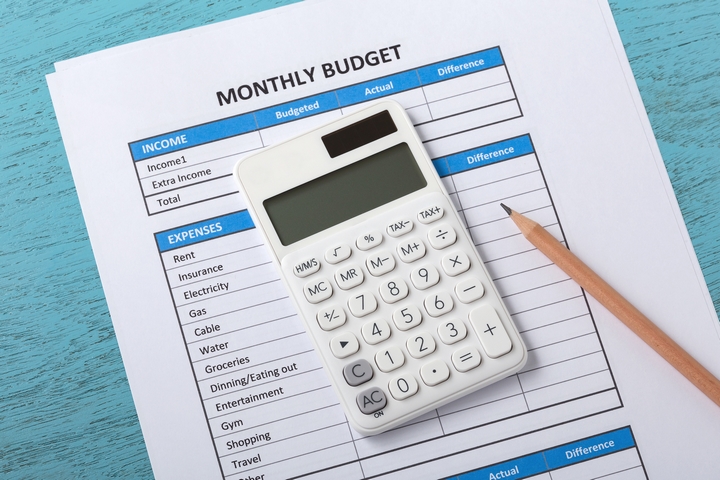One of the most complicated conversations to ever have with your boss is when they lay you off. Whether it’s because of a performance issue that you are entirely unaware of or blindsided, losing your job is difficult. Irrespective of the cause, getting laid off is usually a big shocker. That is why you should handle the issue professionally by consulting an employment lawyer.
1. Keep Your “Cool”

When you receive an email or call to sit down with your boss or human resource, your gut tells you things aren’t good. The elevator ride may take forever, and when the HR starts talking, a lot of it doesn’t make sense. The meeting seems like a bad dream, but unfortunately, you don’t wake up from it. Irrespective of all these emotions and unending thoughts, you should focus on the present. Avoid saying things that you might regret later. Don’t be unfair, rude or vindictive. You don’t have to sign anything immediately.
2. Take Care of Your Paperwork

Even as you take the time, you may have to handle some things immediately. For instance, you need to return the work-owned computer. If possible, consider reviewing your files and analyzing your duties and achievements. Talk to an employment lawyer for advice on how to sign up for unemployment benefits. Find out whether you are eligible and prepare the documents immediately.
3. Allow Yourself Time to Grieve

Losing your source of income is a life-changing moment. So, you might go through all the stages of grief, from denial to acceptance. Although the steps are sequential, you may undergo two experiences at once. For a while, you may be forced to stay in social isolation. Although it is challenging, you can use the time to self-reflect. Understand why the job turned out badly, evaluate your thoughts and decide on what you will change moving forward.
4. Keep Track of Your Finances and Develop A Budget

Since you don’t know how long it will take to get another job, you need to manage your money wisely. Understand your financial situation to ensure you don’t accumulate debt when you can least afford it. Consider your savings and the severance benefits to determine the necessary adjustments to make.
5. Develop A Portfolio of Your Past Work

The projects you developed in the past will come in handy when looking for another job. That is why you should create a portfolio of your previous work before hopping into the job market. It will illustrate your skill level. You can post the portfolio on a personal website or social media site like LinkedIn. For more information, visit the Levitt LLP website.
6. Stay on Top of Your Industry

Although you want to take a break to absorb the news, resist the urge to unplugging from your industry. You wouldn’t want to miss out on new opportunities. To bounce back fast, keep track of upcoming technology, certifications and other developments. Check job listings every day and get ahead of other applicants by applying early.






